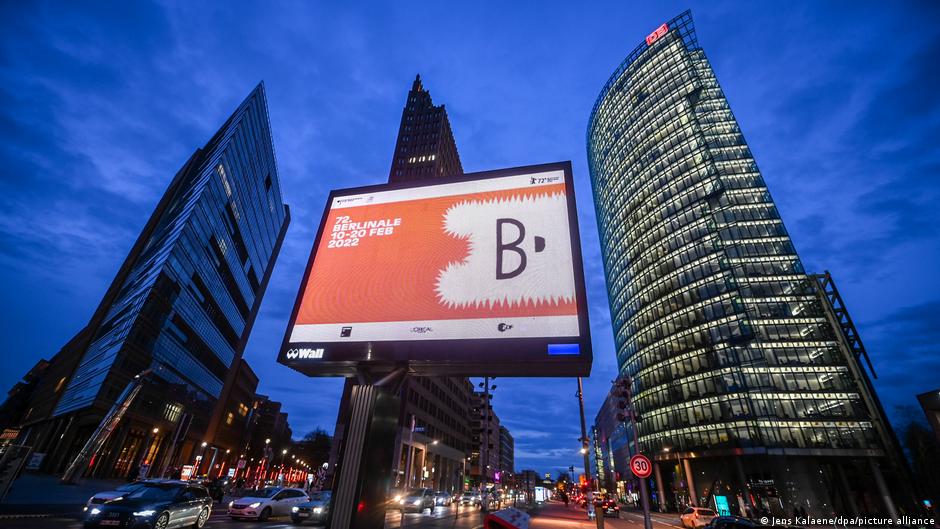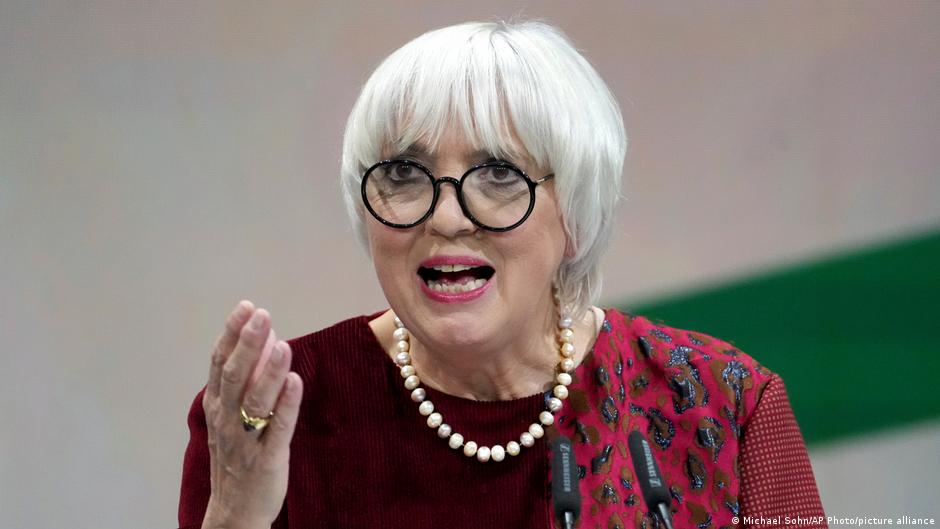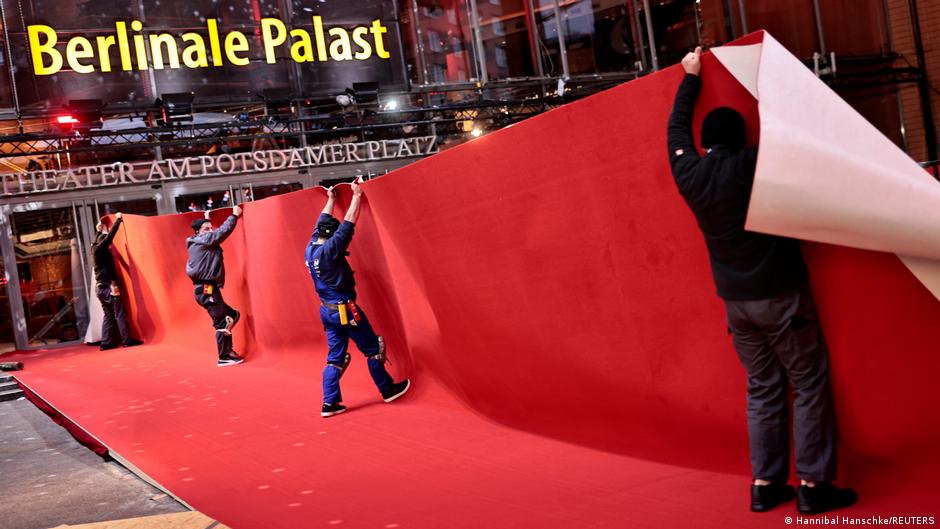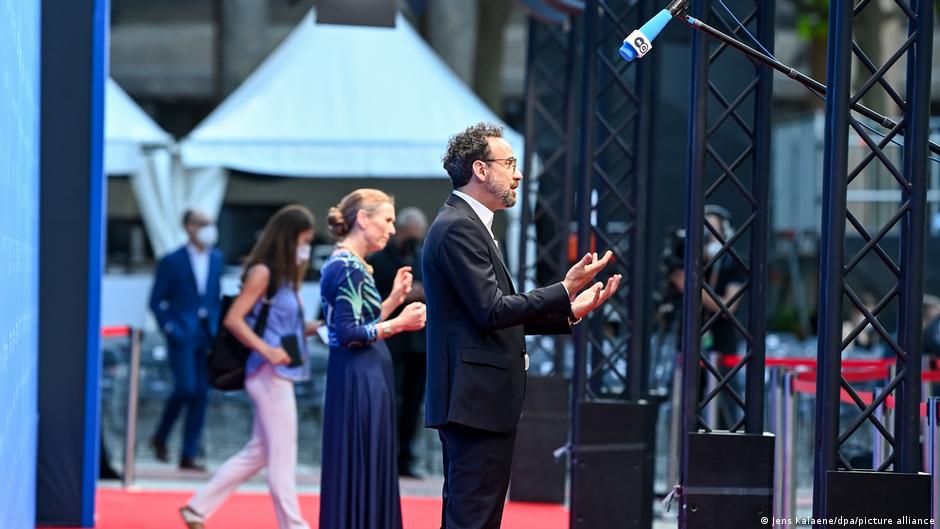Just In
- 3 hrs ago

- 5 hrs ago

- 6 hrs ago

- 8 hrs ago

Don't Miss
- Education
 KCET 2024: Candidates can raise objections against questions in UGCET, Know more
KCET 2024: Candidates can raise objections against questions in UGCET, Know more - News
 TS Inter Results 2024 Manabadi: 1st And 2nd Year Results Expected Soon
TS Inter Results 2024 Manabadi: 1st And 2nd Year Results Expected Soon - Sports
 IPL 2024: Gautam Gambhir Always Knew Sunil Narine Would Become A T20 Legend
IPL 2024: Gautam Gambhir Always Knew Sunil Narine Would Become A T20 Legend - Movies
 Aavesham OTT Rights: Fahadh Faasil's Latest Action Comedy By Jithu Madhavan Closes A Crazy Deal
Aavesham OTT Rights: Fahadh Faasil's Latest Action Comedy By Jithu Madhavan Closes A Crazy Deal - Finance
 Elon Musk Postpones India Trip, Tesla's Indian Market Entry Delayed
Elon Musk Postpones India Trip, Tesla's Indian Market Entry Delayed - Technology
 Best Noise-Cancelling Earbuds Under Rs 5,000: CMF Buds Pro, Redmi Buds 5, Realme Buds Air 5, and More
Best Noise-Cancelling Earbuds Under Rs 5,000: CMF Buds Pro, Redmi Buds 5, Realme Buds Air 5, and More - Automobiles
 Tesla CEO Elon Musk's Much-Awaited Visit to India Deferred, Leaving Questions Unanswered
Tesla CEO Elon Musk's Much-Awaited Visit to India Deferred, Leaving Questions Unanswered - Travel
 Journey From Delhi To Ooty: Top Transport Options And Attractions
Journey From Delhi To Ooty: Top Transport Options And Attractions
Berlin International Film Festival 2022 Kicks Off As Live Event Despite Omicron

With seven female directors in the running for the Golden Bear, lots of documentaries, and a special nod to auteur cinema: the program of the 72nd Berlin International Film Festival, aka the Berlinale, has received plenty of praise even before it starts on February 10.
Yet, it's also the subject of criticism. In 2021, the Berlinale was postponed and then split in two sessions due to the pandemic. This year, the festival's management aims to take a step back to normality.
Executive director Mariette Rissenbeek and artistic director Carlo Chatrian promised early on that the festival would be an in-person event, even after the emergence of the highly transmissible omicron variant, which was predicted to peak in Germany in February.
"The films we show need the screen," said Rissenbeek. The new Federal Government Commissioner for Culture and the Media, Claudia Roth, also confirmed several days ago that the Berlinale would not be cancelled.
Not everyone agrees with such decisions in light of the ongoing pandemic. Criticism of the in-person event has been fierce in recent weeks. A commentary by public broadcaster RBB compared the situation to "Russian roulette" and called for the Berlinale to be canceled, "Die Zeit" called sticking to an in-person concept "irresponsible."

How High Is The Omicron Risk?
"I don't understand the harshness of the criticism," Arne Birkenstock, producer and board member of the Film Academy, told DW. After all, there will be fewer screenings, no parties, and cinemas won't be filled to capacity. "People are cautious in different ways, and that's perfectly fine. But movie theaters are not considered primary places in which infections occur," he added.
Epidemiologist Timo Ulrichs confirms this. A professor of international emergency and disaster relief at Berlin's private Akkon University of Human Sciences, Ulrichs told DW that the German government's current discussion about lifting curbs sends a wrong message for the time being. However, he does not see the Berlinale as causing an increased risk of infection.
"Movie theaters hold an enormous volume of air, and the air is exchanged very quickly, much better than in old buildings like theaters or the opera," explained Ulrichs. With the Berlinale's hygiene concept of limited occupancy of the movie theaters, 2G plus with high-filtering FFP2 masks, and even mandatory testing for boostered people at press screenings, it can be done, said the epidemiologist.

However, the established coronavirus testing system is no longer as good as it was with the delta wave, pointed out the expert: "The tests can give false negatives if someone has a good immune response." Still, the FFP2 masks "offer considerable protection," which is why the festival measures should help. Nevertheless, a residual risk remains if visitors take off their masks in a closed movie theater, indicated Ulrichs.
A Summer Session - Off The Table
Even before the pandemic, with its date in February, a famously cloudy month in Berlin, Berlinale traditionally hits the peak of the flu and cold season.
Last year, films were screened outdoors during the Berlinale Summer Special — a well-received decision. This year, however, there were no plans to move the festival to the summer, when the infection rate will likely be lower.
In in its beginnings, the Berlinale actually took place in the summer. It was only in 1978 that it was moved to the start of the year to get ahead of the competition from other festivals, including Cannes.
If this year's Berlinale was moved to the summer, it would have likely lost a number of premieres to other festivals.

The Berlinale Atmosphere
"Holding the Berlinale is a positive sign," Dunja Bialas, spokeswoman for the board of the Association of German Film Critics, told DW. However, she added, this year's festival will be something of a stress test for all involved: "The process is under great pressure: Will everyone get in, will the measures take effect, will everything go well?"
Members of the association have various views on the topic of whether or not it should be an in-person event, "but we advocate giving it a chance," said Bialas. After all, reporting is not just about seeing films — feeling the atmosphere and the festival's character is also important. "That's what makes it the Berlinale" she added.
She knows of many people who have chosen not to participate — either because they themselves were ill, had infections in the family, or were afraid of getting COVID-19. The decision-making process of Rissenbeek and Chatrian was also not communicated transparently, pointed out the film critic. With the decision to make Berlinale an in-person event, the festival management had taken "a big risk," in her view.
In fact, Mariette Rissenbeek admitted a few days ago that she would have to cancel the film festival completely without replacing it if the authorities decided it could not go as planned.
In other words, there is no plan B.

Film Critics From All Over The World
Film critic Rüdiger Suchsland defends the decisions of the festival's management to have an in-person event. He is responsible for coordinating the film festival's jury of critics this year for the International Association of Film Critics (FIPRESCI)."The 12 jury members are traveling from countries as diverse as Taiwan, which has exemplary infection control, and Russia, where vaccinations are slow," said Suchsland.
So far, he said, few foreign colleagues have expressed skepticism about attending the event.
For many colleagues, planning to attend is difficult, in part because it is unclear which COVID-19 certificates are recognized, Suchsland pointed out, adding that it is difficult to explain, why members of the press with booster vaccinations have to show a negative COVID-19 daily test, while this is not required for members of the public who have also received booster shots.
Meanwhile, producer Arne Birkenstock is especially happy for the filmmakers. For them, it's "incredibly important" to be able to present their films on the big screen: "Celebrating a premiere online is terribly frustrating."
This article was originally written in German.
Source: DW
-
 art cultureIconic Band Depeche Mode Announce New Album And World Tour
art cultureIconic Band Depeche Mode Announce New Album And World Tour -
 art cultureBerlin International Film Festival 2022 Opens With Love Letter To Cinema And Fassbinder
art cultureBerlin International Film Festival 2022 Opens With Love Letter To Cinema And Fassbinder -
 wellnessOmicron: German Capital Berlin Turns Into COVID Hotspot
wellnessOmicron: German Capital Berlin Turns Into COVID Hotspot -
 art cultureOmicron: Berlin International Film Festival 2022 As Per Schedule With Reduced Capacity And No Parties
art cultureOmicron: Berlin International Film Festival 2022 As Per Schedule With Reduced Capacity And No Parties -
 art cultureDavid Bowie Birthday Special: 10 Facts About The Great Singer-Songwriter And Actor
art cultureDavid Bowie Birthday Special: 10 Facts About The Great Singer-Songwriter And Actor -
 art cultureGoethe-Institut Marks Its 70th Anniversary: Know About The German Institute's History
art cultureGoethe-Institut Marks Its 70th Anniversary: Know About The German Institute's History -
 art culture71st Berlin International Film Festival: 7 Things To Know About The Berlinale 2021 'Summer Special'
art culture71st Berlin International Film Festival: 7 Things To Know About The Berlinale 2021 'Summer Special' -
 lifeGoogle Creates Doodle To Mark The 30th Anniversary Of The Fall Of Berlin Wall
lifeGoogle Creates Doodle To Mark The 30th Anniversary Of The Fall Of Berlin Wall -
 insyncWorld’s Best And Costliest Taxis!
insyncWorld’s Best And Costliest Taxis! -
 insyncRare Stamp Of Hepburn Smoking Comes Under Auction!
insyncRare Stamp Of Hepburn Smoking Comes Under Auction! -
 insyncGrandpa Clock That Witnessed Hitler's Last Hours
insyncGrandpa Clock That Witnessed Hitler's Last Hours -
 love and romanceNow A Course To Learn The Art Of Flirting
love and romanceNow A Course To Learn The Art Of Flirting


 Click it and Unblock the Notifications
Click it and Unblock the Notifications



